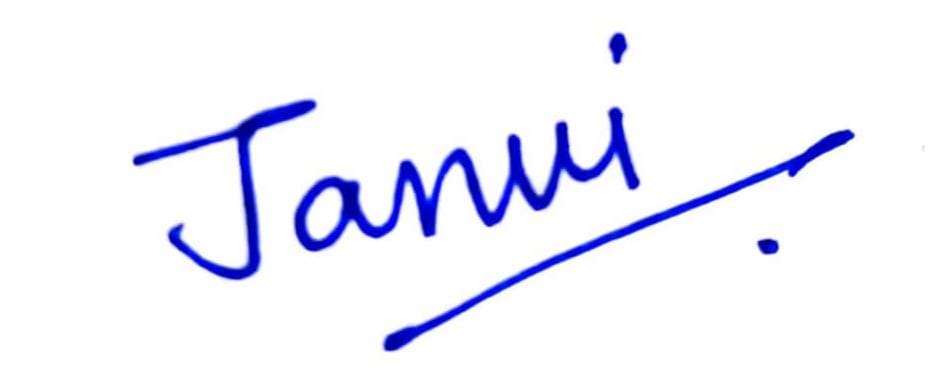1. Introduction
2. Vyas and Mahabharata
3. The Origin of State
4. Kinship
5. Government
6. Justice and Dandniti
7. Inter-State Relations

Hey champs! you’re in the right place. I know how overwhelming exams can feel—books piling up, last-minute panic, and everything seems messy. I’ve been there too, coming from the same college and background as you, so I completely understand how stressful this time can be.
That’s why I joined Examopedia—to help solve the common problems students face and provide content that’s clear, reliable, and easy to understand. Here, you’ll find notes, examples, scholars, and free flashcards which are updated & revised to make your prep smoother and less stressful.
You’re not alone in this journey, and your feedback helps us improve every day at Examopedia.
Forever grateful ♥
Janvi Singhi

Give Your Feedback!!
Topic – Political Ideas of Mahabharat (Shanti Parva) (Notes)
Subject – Political Science
(Indian Political Thought)
Table of Contents
Introduction
There is always a question comes to our mind that our great epics are having any relevance in political thought? The answer is certainly yes. Mahabharata is a great epic, which is not only a historical text but also it, is a text for educators. Researchers have an opinion that Mahabharata has been used to educate by one generation to other generation as a knowledge system. It is a philosophical text, which shows the multiple viewpoints about the society, human relations, and politics. It treats human beings as a multilayered being.
The Shantiparva of Mahabharata, a discourse on statecraft conveyed by Bhisma to Yudhishthira, largely describes the functions, duties of a good king, both during normal times and a during period of emergency, finally signifying the importance of a welfare state. In the ancient time when “law was the command of the sovereign” and citizens had to obey the orders of the king. Does the Shantiparva contain principles on the lines of sarvajana sukhino bhavantu? Kingship in ancient India characterized as ‘benevolent, patriarchal autocracy bound down by many instructions of service to the people. The duties of King considered a servant of the people. It expected that the king devote his life to the service and welfare of the people of his state. He was expected to assume different roles in accordance with the situations, such as abolishing the enemies, imposing punishments upon the wicked, giving rewards upon the good, sacking offenders etc. All duties of the king should be performed according to the provisions of dharma, which are to be respected in every possibility, not by the king but also by his public. The Shantiparva definitely maintains, “The king should involve all the public in their respective duties and instruct them to perform their allocated functions according to dharma”. The Mahabharata, like Kautilya’s Saptanga theory believes in the seven elements of the state-Raja, Mantri, Kosa(Treasury), Danda(Militory), Mitra(Friend), Rashtra and Nagar. The head of the state, council of ministers, treasury, punishment, allies etc were as important in ancient times as today.
Vyas and Mahabharata
The Vedas, the Upanishads, and the Smirities represent ancient Indian Political Thought. The political ideas found in the great epics Mahabharata is very complex and comprehensive. Vyasa, the author is a mythical figure of uncertain identity. Vyasa means arranger or compiler. Though various authors of ancient time are so designated, the term is used especially as a title of the compiler of Vedas, who has also been the author of Mahabharata. Just as we find the series of fourteen different Manus, so the Puranas tell of twenty-eight Vyasas who compiled wisdom in different periods. The arranger of Mahabharata is Krishna Dwapayan Vyasa and it is between the decedents of his two sons Dhritrastra and Pandu, that the Mahabharata was contested.
Mahabharata is a historical Text, some of the noted historians as DD Koshambi consider Mahabharata to be a historical text. It is a longest epic that has also been used for educating the general public for their day to day life. It is a compilation of existing knowledge that was available at that period of time.
Mahabharata is important in the point of view of politics, because it discuss broadly in ancient Indian Political thought. The Shantiparva and the Rajdharmanusasana chapters which present a man-made and systematic view of the political thought of ancient India. In the Shantiparva of Mahabharta Dandniti, Rajdharma, Shasanpadhiti, Mantri Parishada and Kar-Vyavstha is discussing more about Duties of king and government system, different organs of the government and so on. Shantiparva establishes the principles of origin of monarchy-Rajtantra, and it is in the Shantiparva of Mahabharata that we come across the political thought of Bhishma, which forms the subject-matter of this chapter. Bhishma’s discourses in the Shantiparva as his most convincing description of Rajadharma. Yudhishthira at the end of the Great War asked Vyasa about the duties of kings as well as those of the four varna’s. The sage referred him to the well-informed and great intellectual Bhismhma, who was well versed in all the duties. Rajdharma, as given by Yudhishthira interpreting the basic ideas of Bhishma. Just as the rising sun scatters unholy darkness, so does the Rajdharma destroy all evil significances in this world. Shantiparva consists of 365 chapters and 13,716 numbers of Verses, and it further divided into three subparvas:
- Rajadharmanushasana Parva: This part describes the duties of the king and his governance.
- Apaddharmaanushasana Parva: This part describes the rules of conduct when one faces emergency.
- Mokshadharma Parva: This Parva describes the behavior and rules to achieve moksha or salvation.
Indian Political Thought Membership Required
You must be a Indian Political Thought member to access this content.
